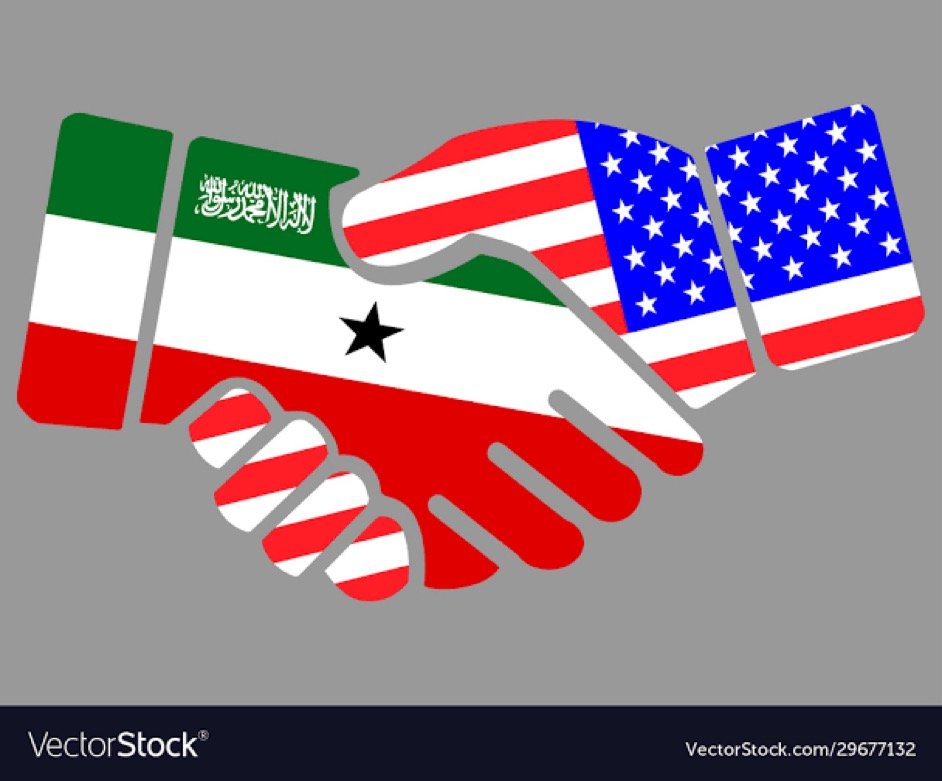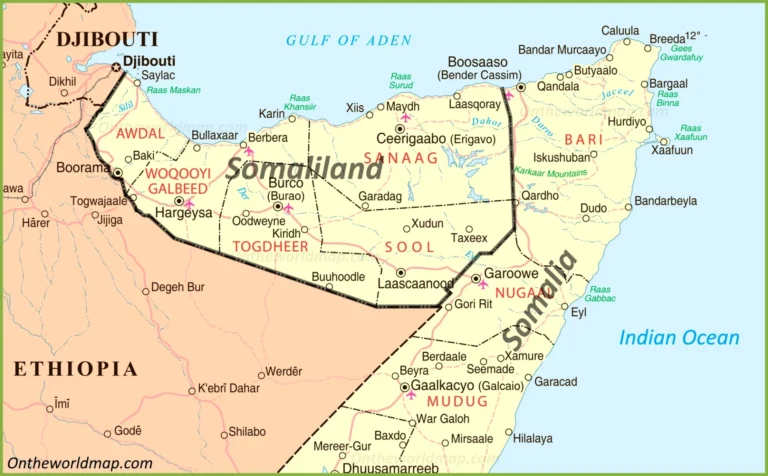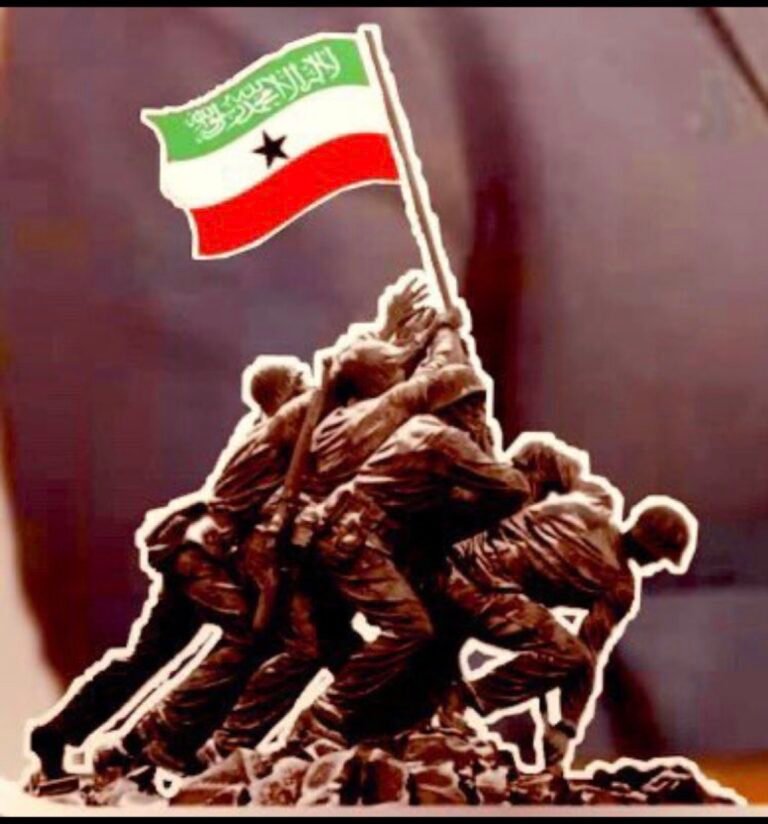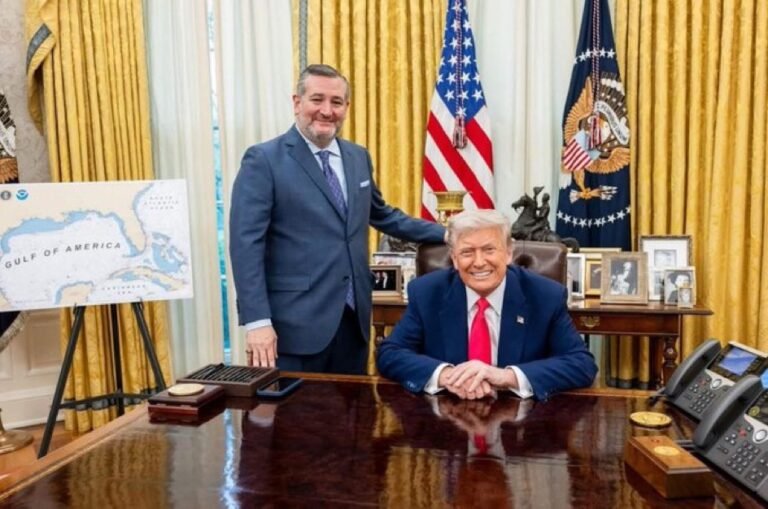
By Prof. Nassir Hussein Kahin, Political Analyst, International Affairs Writer and Managing Editor of bridgingsomaliland.com
Hargeisa, Somaliland.
Personal Note:
This moment fills me with immeasurable joy. For 34 years, I have fought for Somaliland’s rightful recognition — armed not with weapons, but with the pen. From writing in the English-language press across North America to continuing that mission here in Hargeisa since returning to the Motherland a year ago, I have carried this cause in my heart. Today, to witness Somaliland entering the recognition process with the United States is more than news — it is the fulfillment of a lifetime’s dedication, a dream finally within reach. History has a way of rewarding those who refuse to give up.
Today, the Foreign Minister of Somaliland, Abdirahman Dahir Adam, stood before the nation—his voice steady but charged with emotion—announcing on Radio Hargeisa that Somaliland has officially entered the recognition process with the United States.
In that moment, millions of Somalilanders at home and abroad felt decades of hope, frustration, and perseverance converge into one electric truth: the world can no longer ignore Somaliland.
⸻
From Ashes to Aspiration
When Somaliland reclaimed its independence on May 18, 1991, it was a nation scarred by war but unbroken in spirit. The rubble of cities like Hargeisa was a reminder of the cost of freedom, yet the people rebuilt—brick by brick, election by election—without the aid of formal recognition.
For 34 long years, Somalilanders carried passports that no border officially accepted, saw their flag absent from the United Nations, and heard their name spoken in diplomatic corridors only as a “breakaway region.” Still, they endured, not as a people asking for permission to exist, but as a functioning democracy determined to earn the respect of the world.
⸻
Why Now? The Strategic Tide Turns
The United States’ decision to formally begin the recognition process is no accident. The Horn of Africa today is a geopolitical chessboard where stability is rare and trust even rarer.
• Security and Stability: While neighbors have wrestled with coups, insurgencies, and political turmoil, Somaliland has delivered peaceful power transitions, an independent judiciary, and a vibrant multiparty system.
• Geostrategic Significance: The deep-water port of Berbera, overlooking the Gulf of Aden, offers the U.S. a vital foothold in safeguarding Red Sea trade routes.
• Legislative Momentum: Recent moves in the U.S. Congress, including the Republic of Somaliland Independence Act, have created a legal and political opening for formal ties.
• Policy Shift in Washington: The Trump Administration’s willingness to break with the “one-Somalia” policy reflects a recognition of reality—Somaliland already functions as a sovereign state.
⸻
The Immediate Road Ahead
The Foreign Minister’s announcement is more than symbolic—it is procedural and urgent.
• Emergency Legislation: Somaliland’s Parliament will fast-track laws enabling the opening of embassies abroad and the reception of foreign embassies in Hargeisa.
• Presidential Mission: President Dr. Abdirahman Mohamed Abdillahi “Cirro” is preparing to lead a high-level delegation to Washington, aiming to finalize the roadmap to full diplomatic recognition.
This is a coordinated, calculated push to turn years of U.S. engagement into a binding diplomatic reality.
⸻
The Emotional Core: A People’s Vindication
For the market traders in Hargeisa, the camel herders in the Sanaag plains, the fishermen of Lughaya, and the students at Amoud and Gollis universities, this is not just politics—it is justice.
It is the quiet vindication of mothers who sent their sons to fight for a free Somaliland and never saw them return. It is the reward for elders who sat under acacia trees drafting the peace pacts that built the state from the ground up. It is a message to the world: We have kept faith with democracy even when democracy did not keep faith with us.
⸻
What This Means for Africa and the World
If completed, Somaliland would become Africa’s 55th internationally recognized country, setting a precedent for peaceful self-determination. For the United States, it means a reliable partner in counterterrorism, trade, and maritime security. For Africa, it means a proof of concept—that sovereignty can be won not only through war, but through governance, stability, and the will of the people.
⸻
From Silence to Sovereignty
Somaliland’s journey has been long, and the road to recognition is not yet fully walked. But today, the gate has opened. The United States and Somaliland now stand on the threshold of a relationship decades in the making.
As the sun set over Hargeisa this evening, it did so on a nation no longer ignored—a nation whose name is finally being etched into the map of recognized states. And for every Somalilander, whether in the bustling streets of Borama or the diaspora hubs of London and Minneapolis, this is not just political progress.
It is the sound of history changing its mind.


